
UK Primary Teaching Misconceptions and children's investigations in Science
A misconception about science can be referred to as a preconceived notion or a conceptual misunderstanding. These are cases in which something a person knows and believes does not match what is known to be scientifically correct. A lot of people who hold a misconception of science do not even know that their ideas are false or incorrect.

10 Science Misconceptions YouTube
Children's Misconceptions in Primary Science: A Survey of teachers' views Research in Science and Technological Education Authors: Karen Pine None David Messer The Open University (UK) Kate St..
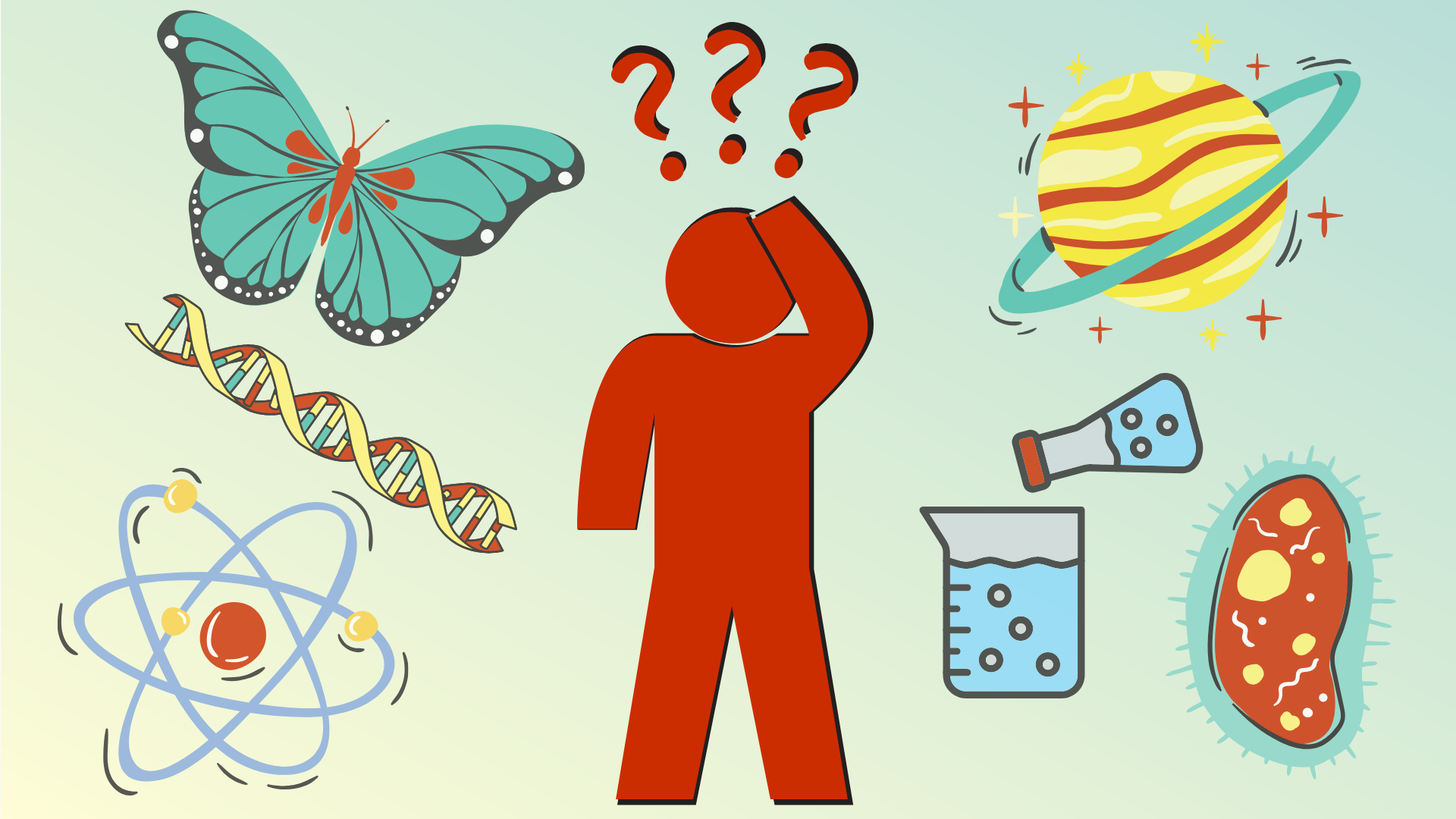
Addressing common misconceptions about science
Short articles describing common misconceptions in science topics and guidance on how to address them. We know how tricky it can sometimes be to deal with children's common misconceptions. Below you'll find support on a particular area of science and expert guidance on how to address them. These articles were previously featured in PSTT's.

Misconceptions In Science UPDATED Teaching Resources
The role of misconceptions in the learning process. Descriptions and examples of some common misconceptions in science. Methods to identify misconceptions. Methods to break down misconceptions. Teachers can be astonished to learn that despite their best efforts, students do not grasp fundamental ideas covered in class.

Misconceptions In Primary Science
Primary school pupils' misconceptions of the human respiratory system in primary school students: from identification to deconstruction. This study involved 38 students from the 6 th year of schooling attending a state school in Lisbon in which the Science syllabus is centered on the study of human body systems.
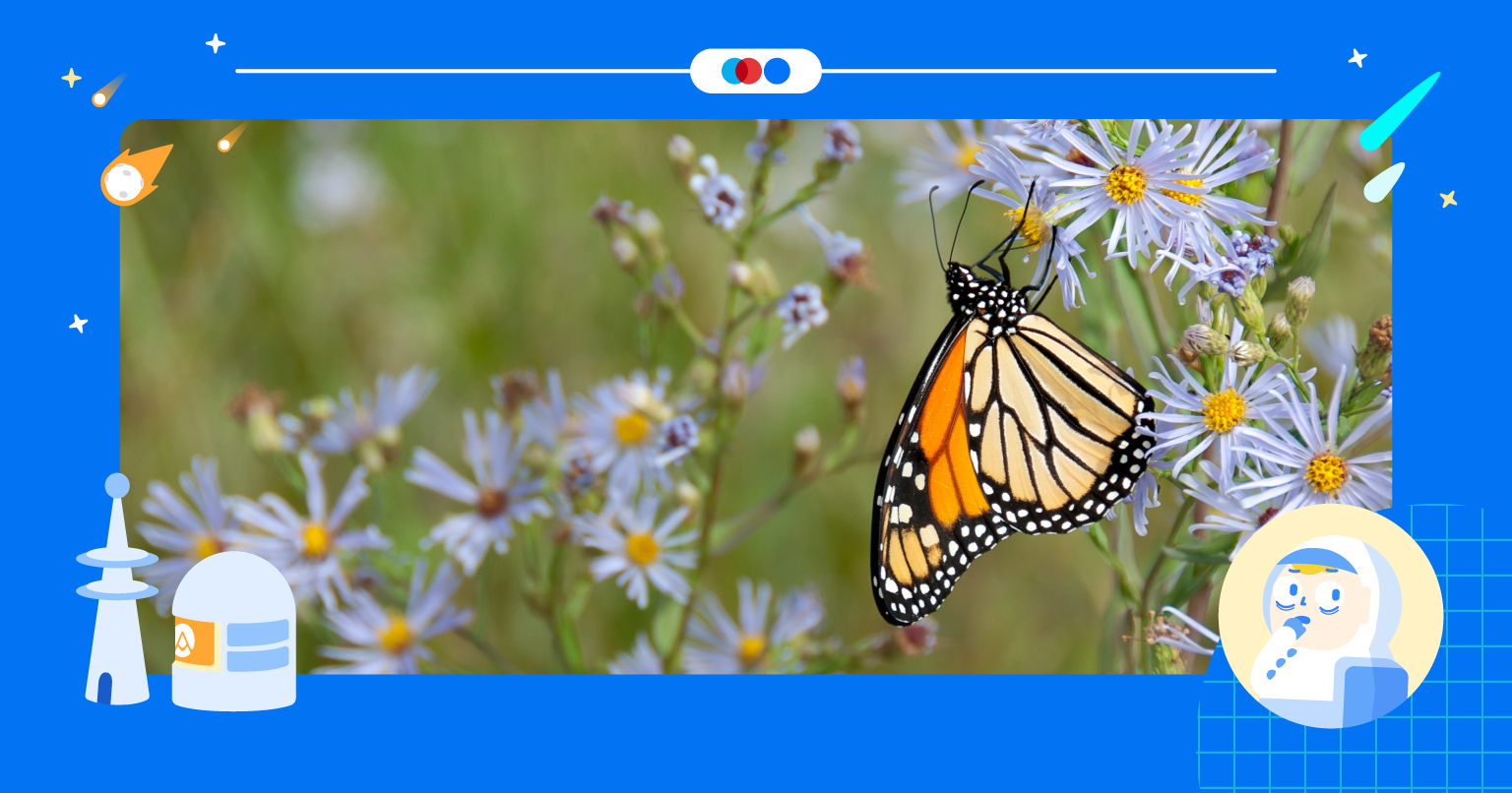
Top 7 Common Science Misconceptions in Primary School
Children's Misconceptions in Primary Science: a survey of teachers' views KAREN PINE, DAVID MESSER & KATE ST. JOHN, University of Hertfordshire, Hat eld, UK ABSTRACT Young children hold naive theories about the world around them, but how do these mediate science learning in primary school?
.jpg)
Misconceptions In Primary Science
Primary science subject knowledge and misconceptions Published: Aug 23, 2022 3 min read Sarah Dagnell Primary PDL at the NSLC National STEM Learning Centre Within the theory of constructivism, learners build their understanding of the world through their own experiences and their reflections upon those experiences.
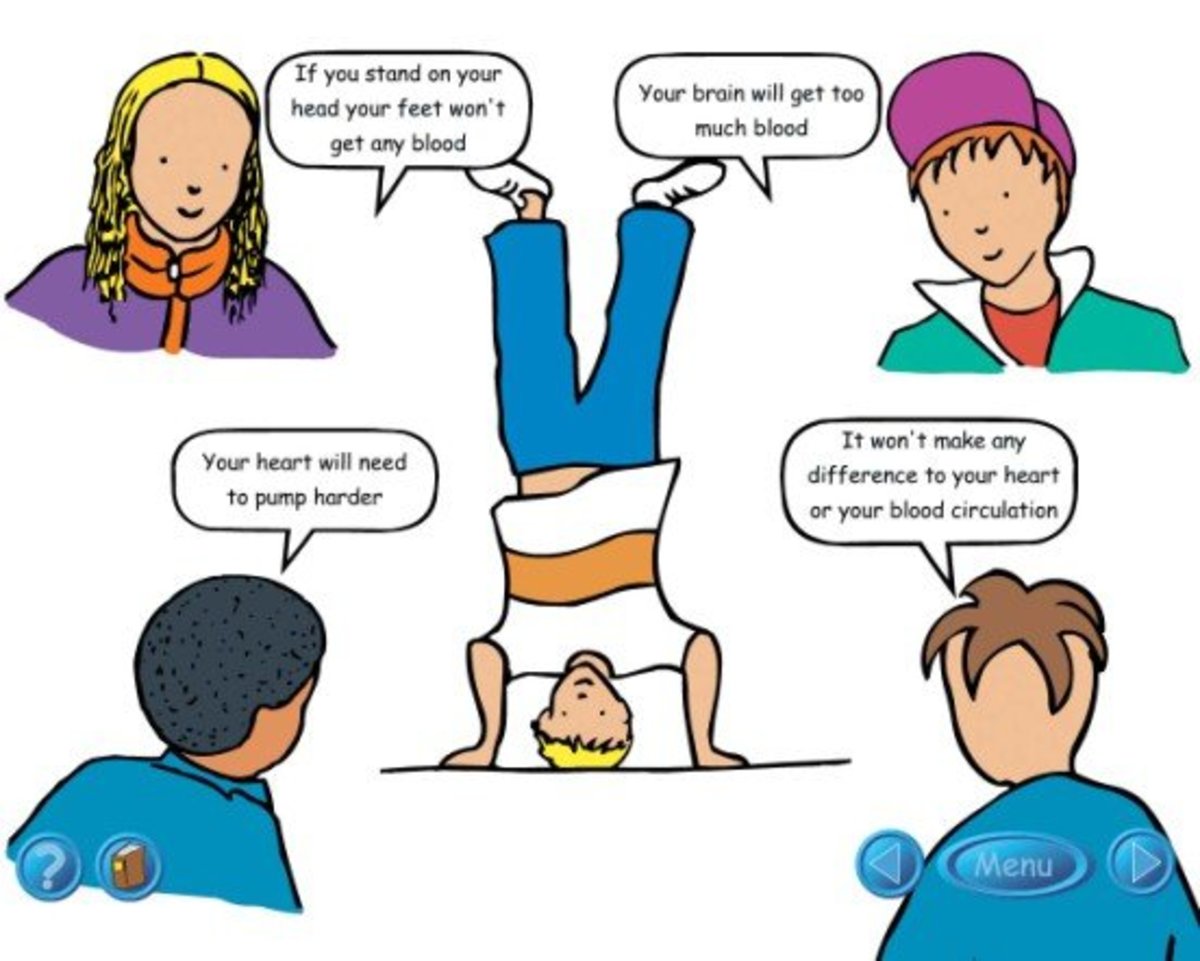
How to Address Misconceptions in the Science Classroom Science Teaching
Misconceptions in Primary Science - Ebook written by Michael Allen. Read this book using Google Play Books app on your PC, android, iOS devices. Download for offline reading, highlight, bookmark or take notes while you read Misconceptions in Primary Science.

Misconceptions In Primary Science
Michael Allen McGraw-Hill Education (UK), Nov 16, 2019 - Education - 269 pages The updated edition of this bestselling book is for the teacher who wants support and practical advice to recognize.
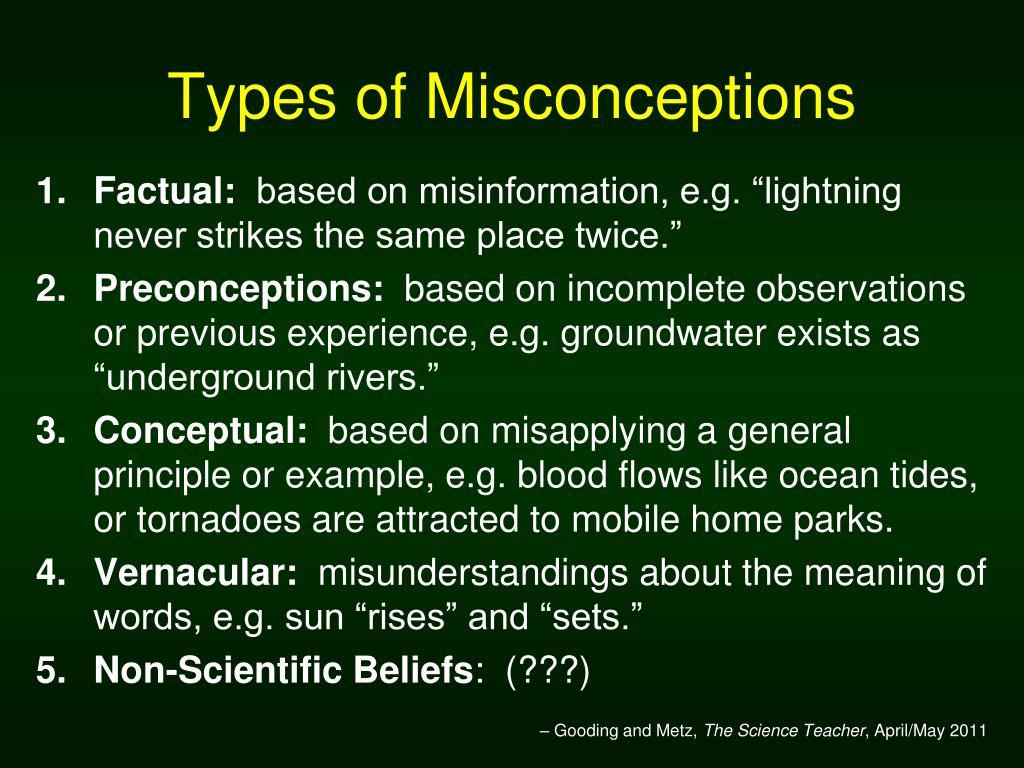
PPT Science Misconceptions Management PowerPoint Presentation, free download ID4436148
Children's Misconceptions in Primary Science: A Survey of Teachers' Views. Running Head: Children's Misconceptions in Science Karen Pine, David Messer and Kate St.John University of Hertfordshire College Lane Hatfield, U.K. AL10 9AB Telephone: 01707 284000 Email: [email protected] Fax: 01707 285073 Children's Misconceptions in Primary.

Misconceptions Primary Science PDF Buoyancy Chemical Substances
17. Sound. 18. Earth and space. 19. Energy. Description. The updated edition of this bestselling book is for the teacher who wants support and practical advice to recognize and deal with the common misconceptions encountered in the primary science classroom. Michael Allen describes over 100 common misconceptions and their potential origins.

Learning from misconceptions in primary science YouTube
In science teaching, diagnostic competence is crucial, especially when teachers struggle to identify misconceptions that students might have in science (Patil et al., 2019), to scaffold students.

Misconceptions In Primary Science Book ScienceHUB
Misconceptions in Primary Science 3e 3rd Edition 0335248276 · 9780335248278 By Michael Allen © 2019 | Published: November 20, 2019 The updated edition of this bestselling book is for the teacher who wants support and practical advice to recognize and deal with the common misconceptions encountered in the primary science classroom.

Addressing misconceptions In Primary Science Danny Nic's Science Fix
1.1 An Overview of Misconceptions and Ways to Address the Misconceptions in Science Education. Learning begins informally when a child starts to construct knowledge about a phenomenon while experiencing that particular phenomenon in real life (Driver et al. 1994a, b ). Knowledge construction in a child also occurs while communicating and.
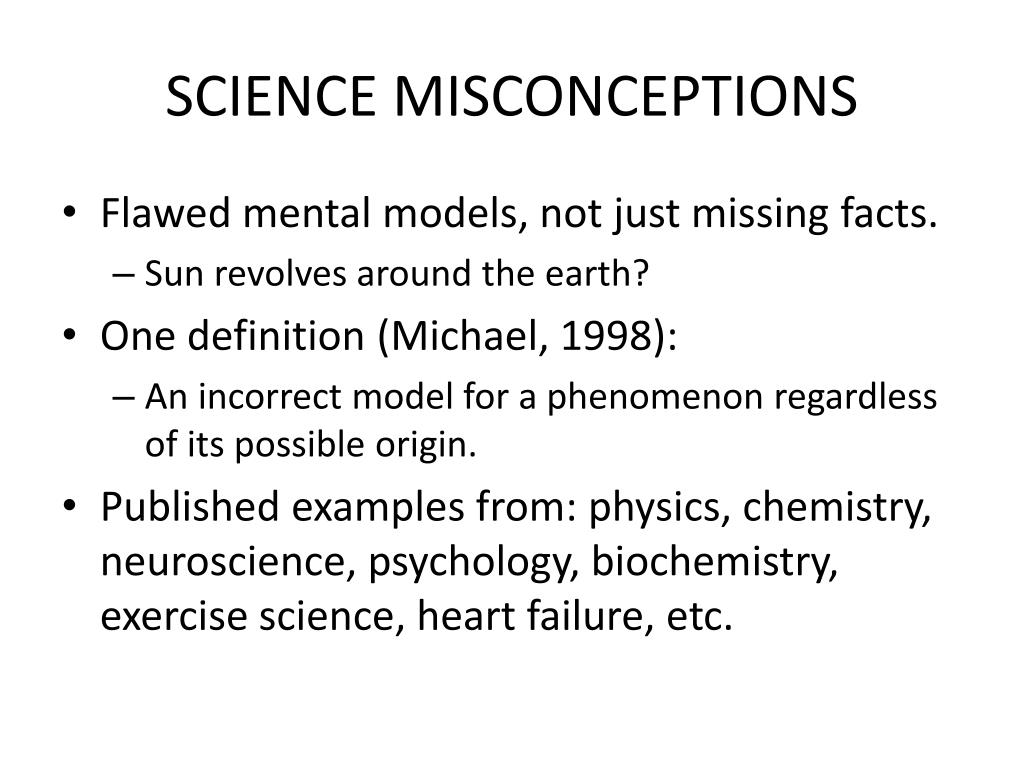
PPT Student Misconceptions about Science PowerPoint Presentation, free download ID6412836
MISCONCEPTION: Science is complete. CORRECTION: Since much of what is taught in introductory science courses is knowledge that was constructed in the 19th and 20th centuries, it's easy to think that science is finished — that we've already discovered most of what there is to know about the natural world. This is far from accurate.

misconceptions in Primary Science
Misconceptions in primary science by Allen, Michael (Science educator), author. Publication date 2014 Topics Science -- Study and teaching (Elementary) -- Great Britain, Common fallacies, Errors, Scientific, EDUCATION -- Elementary, Science -- Study and teaching (Elementary), Great Britain